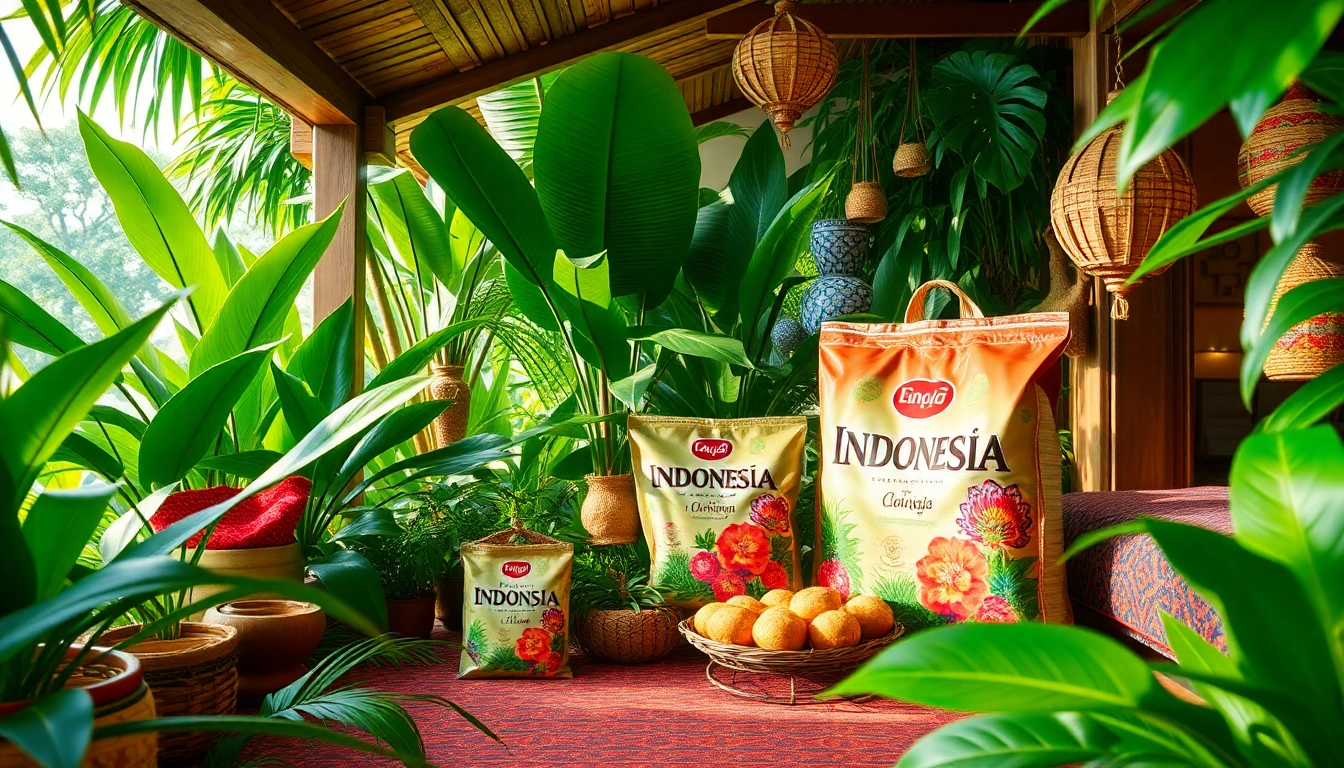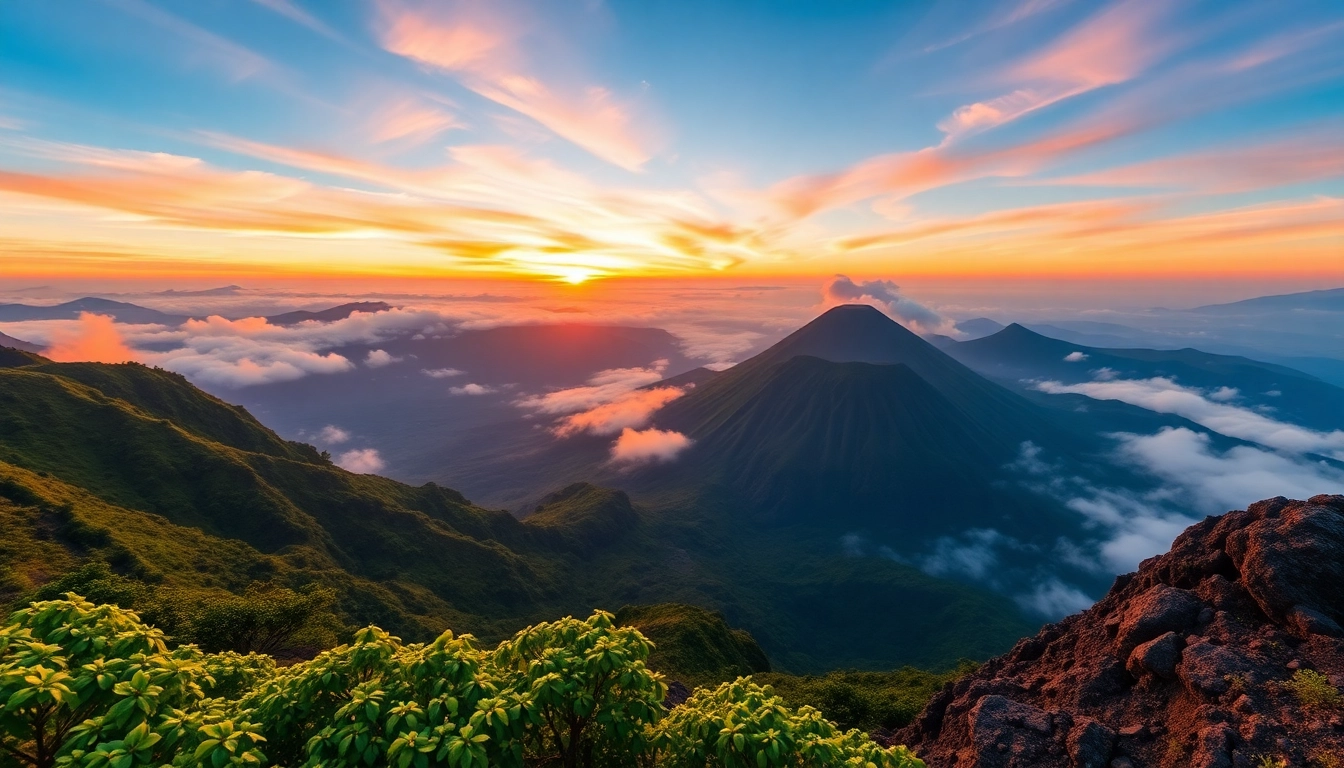Understanding the Concept of a Package in Tourism
Definition and Historical Context of Travel Packages
The term package in the context of tourism refers to a bundled set of travel services sold together as a single unit. Traditionally, a travel package comprises components such as transportation, accommodation, meals, guided tours, and sometimes additional amenities like airport transfers or leisure activities. The primary advantage of such arrangements is convenience, often offering travelers an all-in-one solution that simplifies planning and enhances the overall experience.
The concept of travel packages dates back to the early 20th century when travel agencies started offering bundled trips to popular destinations, particularly in Europe and North America. These packages were initially aimed at affluent tourists seeking luxury travel experiences. Over time, advances in transportation, increased competition, and technological innovations led to the democratization of travel packages—making them accessible to a broader demographic.
In Indonesia, particularly Lombok, travel packages have gained significant popularity as they offer curated, culturally immersive, and cost-effective experiences that appeal to both domestic and international tourists. To learn more about the richness of Indonesia’s diverse tourism offerings, visit our package guides that highlight both luxury resorts and authentic local adventures.
Types of Tourism Packages in Lombok and Indonesia
Indonesia’s vast archipelago provides a multitude of tourism package options suited to various traveler preferences. In Lombok and the surrounding regions, the most common types include:
- Relaxation & Luxury Packages: These include stays at premium resorts, spa treatments, private villas, and fine dining experiences, often combined with excursions like snorkeling or sunset cruises around Gili Islands.
- Cultural & Heritage Packages: Focused on immersing travelers in local traditions, these packages feature visits to temples such as Pura Lingsar, traditional Sasak villages, and artisan workshops, offering authentic cultural interactions.
- Adventure & Eco-Tourism Packages: Designed for thrill-seekers, these packages include trekking to Mount Rinjani, surfing on the southern beaches, diving expeditions, and eco-lodge stays in protected rainforests.
- Family & Kids-Friendly Packages: Tailored to families, these often combine theme parks, child-friendly resorts, and safe outdoor activities suited for all ages.
- Honeymoon & Romantic Getaways: Featuring secluded beaches, private dinners, and couple’s spa sessions, these packages cater to newlyweds seeking intimate experiences.
Each package type is carefully crafted to resonate with specific demographics, ensuring a personalized experience that aligns with traveler expectations. Lombok’s diverse offerings, from pristine beaches to vibrant cultural scenes, make it an ideal destination for these various packages.
Benefits of Choosing Package Tours for Travelers
Opting for package tours provides numerous advantages that enhance the overall travel experience:
- Convenience and Time Savings: Pre-arranged components eliminate the need for extensive planning, enabling travelers to relax and focus on enjoyment.
- Cost-Effectiveness: Travel packages often include discounts, group rates, and bundled services that reduce overall expenses compared to booking services individually.
- Accessibility: Packages can be tailored for different budgets, from luxury experiences to budget-friendly options, making travel more accessible.
- Comprehensive Experience: Well-designed packages ensure a balanced mix of activities, cultural immersion, and leisure, delivering a holistic travel journey.
- Local Expertise and Support: Tour operators and local hosts provide insights, safety, and personalized assistance, adding value to the trip.
For travelers venturing to Lombok, these benefits translate into authentic, memorable experiences driven by expert curation and seamless logistics.
Designing and Customizing Package Travel Services
Components of a Successful Tour Package
Creating an effective and attractive travel package involves several key components:
- Core Destinations and Activities: Highlighting the main attractions and experiences that define the destination, such as Mount Rinjani trekking or Gili Islands snorkeling.
- Accommodation: Selecting lodging that matches the target audience’s preferences—luxury resorts, boutique hotels, eco-lodges, or homestays.
- Transportation: Arranging reliable and comfortable transport modes, including airport transfers, local drivers, or even helicopter or boat transfers for premium packages.
- Meals and Cultural Experiences: Including local cuisine tastings, cooking classes, or cultural performances that enrich the itinerary.
- Guides and Support Services: Employing knowledgeable guides who enhance understanding of local customs and ensure safety.
An integrated approach balancing these elements ensures a cohesive and satisfying experience, fostering positive reviews and repeat bookings.
How to Personalize Package Options for Different Demographics
Personalization is crucial in standing out amidst competitive offerings. Key strategies include:
- Demographic Analysis: Understanding the age, interests, travel purpose, and budget of target segments such as adventure seekers, retirees, or families.
- Flexible Inclusions: Offering add-on options, such as optional excursions or premium amenities, to cater to varying preferences.
- Cultural Sensitivity: Incorporating local experiences that resonate with specific cultural or spiritual interests, like traditional ceremonies or artisan workshops.
- Language and Accessibility: Providing guides and materials in multiple languages and ensuring accessibility options for travelers with special needs.
Tailoring packages in this way increases satisfaction, enhances perceived value, and encourages positive word-of-mouth promotion.
Incorporating Local Culture and Attractions into Travel Packages
Cultural authenticity is a major draw for tourists, and effective packages should highlight the unique heritage of Lombok and surrounding regions. Strategies include:
- Designing Cultural Itineraries: Including visits to traditional Sasak villages, local markets, and craft centers.
- Hosting Cultural Events: Scheduling participation in local festivals, dances, or religious ceremonies.
- Engaging Local Artisans and Performers: Offering guests hands-on activities like Batik making or Gamelan performances.
- Partnering with Community Projects: Supporting eco- and community-based initiatives that benefit local populations, creating a meaningful experience for travelers.
Such integration not only enriches the travel experience but also promotes sustainable tourism that benefits local communities.
Marketing and Promoting Tourism Packages Effectively
Strategies for Digital Marketing and SEO Optimization
Effective promotion begins with a strong online presence. Key tactics include:
- Search Engine Optimization (SEO): Developing keyword-rich content focusing on terms like “Lombok travel packages” or “Indonesia tour deals” to improve search rankings.
- Content Marketing: Creating engaging blogs, videos, and virtual tours that showcase destination highlights and package offerings.
- Localized SEO: Targeting keywords specific to Indonesian regions to attract domestic travelers.
- Mobile Optimization: Ensuring website accessibility and fast load times across devices.
An optimized website drives organic traffic, making it easier for potential tourists to find and book your packages.
Utilizing Social Media and Influencer Collaborations
Social media platforms like Instagram, Facebook, and TikTok are powerful tools for showcasing travel experiences and reaching targeted audiences. Strategies include:
- Visual Storytelling: Sharing high-quality images and videos of Lombok’s landscapes, cultural events, and happy travelers.
- Influencer Partnerships: Collaborating with travel bloggers and micro-influencers to generate authentic content and reach niche markets.
- Campaigns and Contests: Hosting interactive promotions that encourage user engagement and content sharing.
These efforts amplify brand awareness, generate leads, and foster a community of loyal followers.
Leverage Customer Reviews and Testimonials to Boost Package Appeal
Authentic testimonials serve as social proof of quality and reliability. Encourage satisfied clients to share their positive experiences on review platforms and social media. Implementing a structured feedback system helps gather valuable insights, which can be used to refine packages and marketing messages.
Highlighting real stories and high ratings builds trust, persuading prospective travelers to choose your offerings over competitors.
Operational Aspects of Managing Travel Packages
Partnerships with Local Service Providers and Vendors
Building strong relationships with local vendors—hotels, transportation companies, guides, and activity providers—is essential for quality assurance and operational efficiency. Strategies include:
- Conducting thorough due diligence to ensure service standards align with brand promises.
- Negotiating mutually beneficial agreements that allow flexibility and scalability.
- Fostering long-term collaborations for exclusive or better rates, maintaining consistency in product quality.
This network of trusted partners enables seamless delivery of packages and facilitates rapid resolution of issues.
Pricing Strategies and Value Proposition
Effective pricing balances profitability with competitiveness. Tactics include:
- Market-Based Pricing: Analyzing competitor rates and adjusting accordingly.
- Value-Added Offers: Including bonuses like free sightseeing, airport transfers, or special meals to enhance perceived value.
- Dynamic Pricing: Adjusting prices based on seasonality, demand, and booking windows.
- Transparent Pricing: Clearly communicating inclusions and policies to prevent misunderstandings and build trust.
Differentiating your packages with unique value ensures market appeal and customer satisfaction.
Ensuring Quality and Customer Satisfaction in Package Delivery
Quality control involves continuous monitoring and customer feedback analysis. Steps include:
- Regularly evaluating service providers through surveys and on-site visits.
- Training staff and guides on customer service excellence.
- Implementing contingency plans for unforeseen circumstances, such as weather disruptions or vendor failures.
- Encouraging open communication channels for immediate issue resolution.
High-quality delivery guarantees positive reviews and repeat business.
Measuring Success and Continuous Improvement
Key Performance Indicators for Package Tours
To evaluate the effectiveness of your travel packages, track metrics such as:
- Booking Rate: Number of packages sold within a specific period.
- Customer Satisfaction Scores: Ratings and feedback from clients.
- Repeat Booking Rate: Percentage of customers who select your services again.
- Revenue Growth: Increase in income attributable to package sales.
- Online Engagement: Website traffic, inquiry forms, and social media interactions.
Regular analysis of these KPIs informs strategic adjustments and resource allocation.
Gathering Feedback for Service Enhancement
Collecting and analyzing customer feedback provides insights into strengths and areas for improvement. Techniques include:
- Post-trip surveys focusing on various facets such as itinerary, accommodation, guides, and overall experience.
- Monitoring online reviews and social media comments for recurring themes.
- Engaging travelers through direct communication to better understand their expectations and experiences.
Implementing changes based on this feedback fosters continuous service enhancement, higher satisfaction levels, and increased loyalty.
Adapting Packages to Market Trends and Traveler Preferences
The travel industry is dynamic, influenced by geopolitical, economic, and environmental factors. Staying ahead involves:
- Monitoring global travel trends such as sustainable tourism, digital detox, or wellness travel.
- Introducing new destinations, activities, and themes aligned with current interests.
- Leveraging technology for virtual experiences or contactless bookings.
- Adjusting marketing strategies to target emerging markets and demographics.
Flexibility and innovation are vital for maintaining relevance and profitability in a competitive marketplace.

